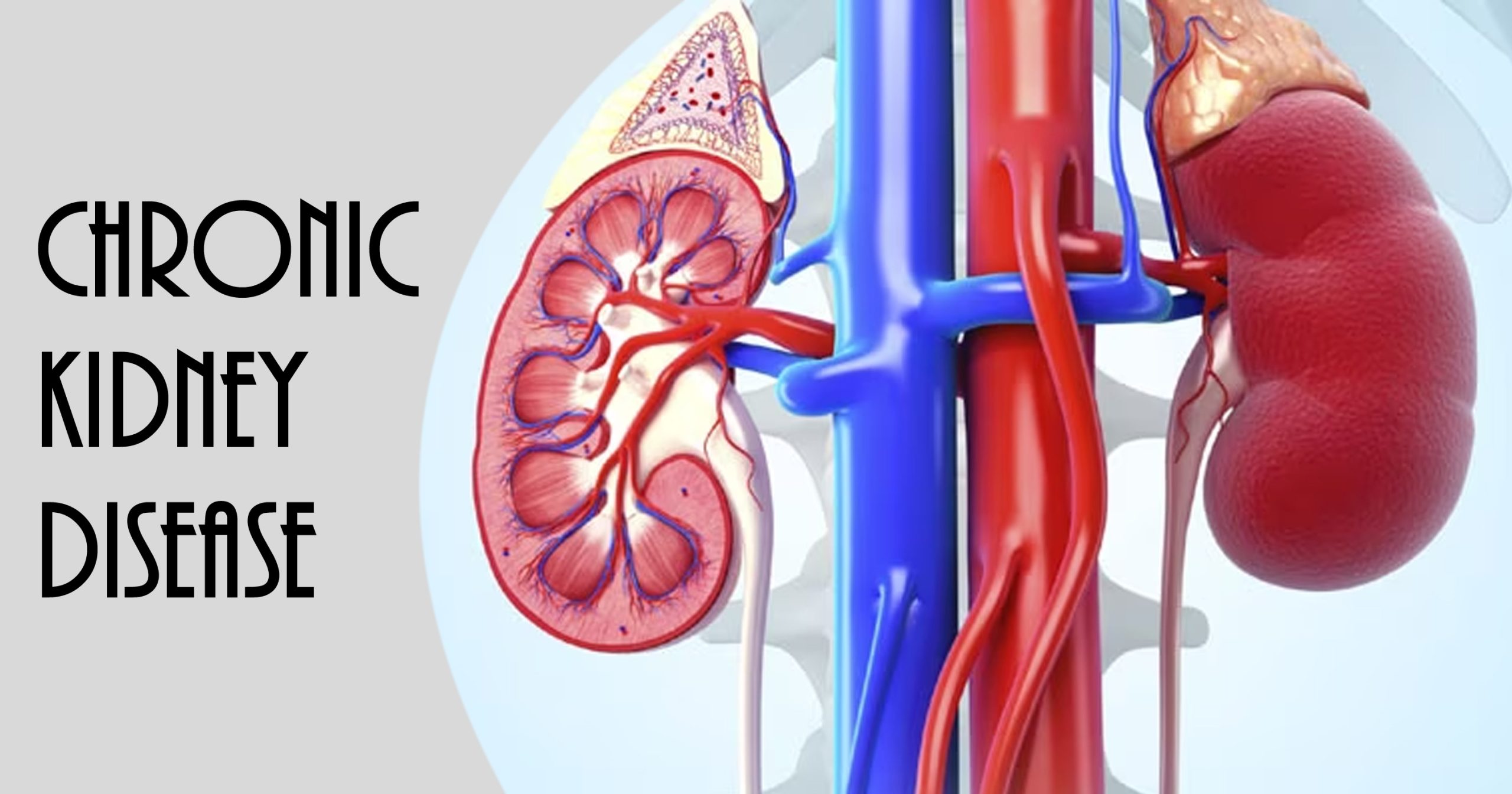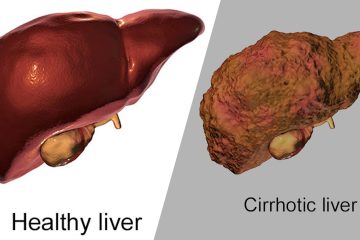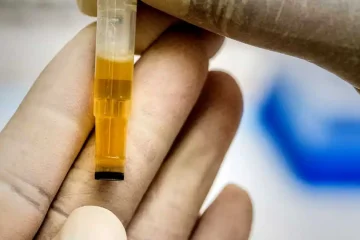Diabetes and kidney disease are silent killers. Those who are already suffering from kidney disease suffer a lot. Movement, living and eating habits have to be drastically changed. Many physical complications occur when kidney function decreases. Even if the kidneys fail, death is certain.
What Is Kidney Disease?
The kidney, known as Brikk in Bengali, is a very important organ of the human body. Kidneys are located on either side of the waist in the human body and they filter various pollutants, wastes, and excess water from the blood.
They are excreted from the body through urine and thus help in cleansing the blood and maintaining electrolyte balance.
If for any reason the kidney fails to perform these functions properly then it is known as kidney disease. As a result, waste materials and polluted water accumulate in the body, which leads to various physical complications.
Kidney disease often progresses slowly with no early symptoms and can become fatal as it progresses.
What Causes Kidney Disease?
The causes of kidney disease can be varied and depend on various biological and environmental factors. Some of the main reasons are mentioned below:
- High blood pressure: High blood pressure causes damage to the blood vessels in the kidneys, which gradually reduces kidney function.
- Diabetes: Type 1 and 2 diabetes can cause damage to the kidney’s blood vessels due to high glucose levels, which can lead to kidney damage and failure.
- Autoimmune diseases: Autoimmune diseases such as lupus and IgA nephropathy cause inflammation and damage to the kidneys.
- Genetic Factors: Some genetic diseases, such as polycystic kidney disease, cause large cysts in the kidneys that interfere with kidney function.
- Infections: Infections such as urinary tract infection (UTI) and glomerulonephritis can cause inflammation and damage to the kidneys.
- Toxins: Certain drugs, heavy metals, and toxic chemicals can damage kidney cells.
- Ureteral obstruction: An obstruction of the ureter, such as a stone or tumor, puts pressure on the kidney and interferes with its function.
- Long-term drug use: Long-term use of certain drugs, such as nonsteroidal anti-inflammatory drugs (NSAIDs), can cause kidney damage.
As a result of these factors, the kidneys gradually lose function, leading to long-term kidney disease. Awareness, healthy lifestyle, and regular treatment are essential to prevent and control this disease.
Chronic Kidney Disease (CKD)
Chronic kidney disease is a chronic health condition in which kidney damage progresses slowly. In this condition, the kidney’s natural ability to filter waste products and excess fluid from the blood gradually decreases. As a result, waste materials accumulate in the body, which harms health.
This type of kidney damage is often irreversible and kidney function worsens over time. When the kidneys completely lose their function, the condition is called kidney failure or end-stage renal disease (ESRD).
At this stage, the kidney is no longer able to perform its biological functions, requiring life-saving treatment such as dialysis or a kidney transplant.
Proper management and regular treatment of chronic kidney disease slow its progression and help maintain quality of life.
There are other types of kidney disease which are mentioned below:
- Fabry disease (Fabry disease): Fabry disease usually occurs in very few people. It is more hereditary. Affects various organs of the body, especially the heart, brain, and kidneys. In this disease, a type of fat known as glycosphingolipids accumulates in the body, which prevents regular blood flow. As a result, it can cause chronic kidney damage and kidney failure.
- Cystinosis: This is a rare disease in which an amino acid called cystine accumulates in excessive amounts in the body. This build-up of cysteine damages the kidneys and leads to kidney failure. Treatment for this condition is to lower cysteine levels and, if necessary, a kidney transplant. Children are usually more affected by cystinosis.
- Glomerulonephritis: In this disease, the kidney’s tiny filters called glomeruli are damaged and their ability to filter toxins and fluids from the blood decreases. It can lead to kidney failure and treatment depends on correct diagnosis.
- IgA Nephropathy: In this disease, the IgA protein produced by the immune system accumulates in the glomeruli of the kidneys, damaging the kidney’s filters. The damage of this disease takes several years to develop, and many people do not know that they have the disease. The consequence of this disease is chronic kidney disease and possible kidney failure.
- Lupus Nephritis: Lupus nephritis is an autoimmune disease in which the body’s immune system attacks its own tissues, especially the kidneys. This causes inflammation and damage to the kidneys, which later leads to permanent damage. The exact cause of lupus nephritis is still unknown, but regular treatment can control its symptoms.
- AHUS (Atypical Hemolytic Uremic Syndrome): This is a very rare genetic disease, which causes blood clots in the small blood vessels to block blood flow to the kidneys and other organs. This can cause kidney damage. Symptoms of aHUS are often asymptomatic, but treatment is essential.
- Polycystic kidney disease (PKD): In polycystic kidney disease, many cysts form in the kidneys and sometimes in other organs. These cysts are filled with fluid and the filtering capacity of the kidneys gradually decreases. There is no cure for polycystic kidney disease, but treatment can slow the growth of cysts and control symptoms.
Note: This article is updating time to time. Stay connected to RemoteCog for more about kidney disease.




